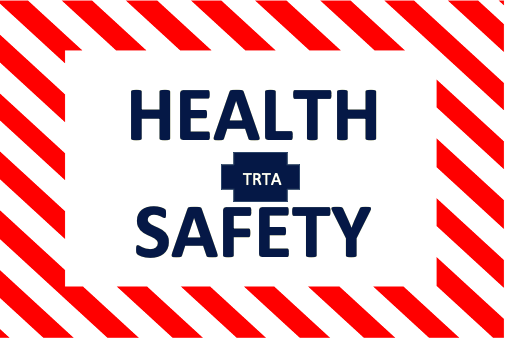Good oral health is vital for preventing tooth loss that can negatively impact your ability to consume healthy foods. It is also associated with better cardiovascular and brain health. A recent study (Neurology, July 5, 2023) looked at the link between gum disease and Alzheimer’s disease in older adults.
The study included 172 people with an average age of 67. None had memory problems. Each had dental exams and a magnetic resonance imaging (mri) scan of the hippocampus at the beginning of the four year study. The dental exam included checking the number of teeth and the periodontal probing depth of the space between the tooth and the gums. Ideally the depth of 1-3 millimeters was recorded. Mild gum disease is noted with depths of 3-4 millimeters while depths of 5-6 millimeters may indicate severe gum disease. People with fewer teeth and mild gum disease or with severe gum disease had a faster rate of shrinkage of the hippocampus after four years. Shrinkage of the hippocampus is associated with long-term memory and studies suggest its volume decreases in people with dementia.
People with Alzheimer’s have higher levels of inflammatory proteins. Gum disease is a condition that introduces inflammatory proteins into the blood. Often people with gum disease and tooth loss do not eat as well as they should. Poor diet is associated with cardiovascular disease which can raise the risk for dementia.
It is strongly recommended that older adults maintain their oral health. Healthy gums may help delay the onset of dementia. Healthy gums will help an individual keep their teeth and allow for better nutrition.
Source: Focus of Health Aging: Icahn School of Medicine at Mt. Sinai, November 2023
Good Oral Hygiene Practices include brushing teeth properly, choosing the right toothpaste, flossing daily, using small space brushes, using a water pic type device, using mouthwash, and having regular dental appointments.


